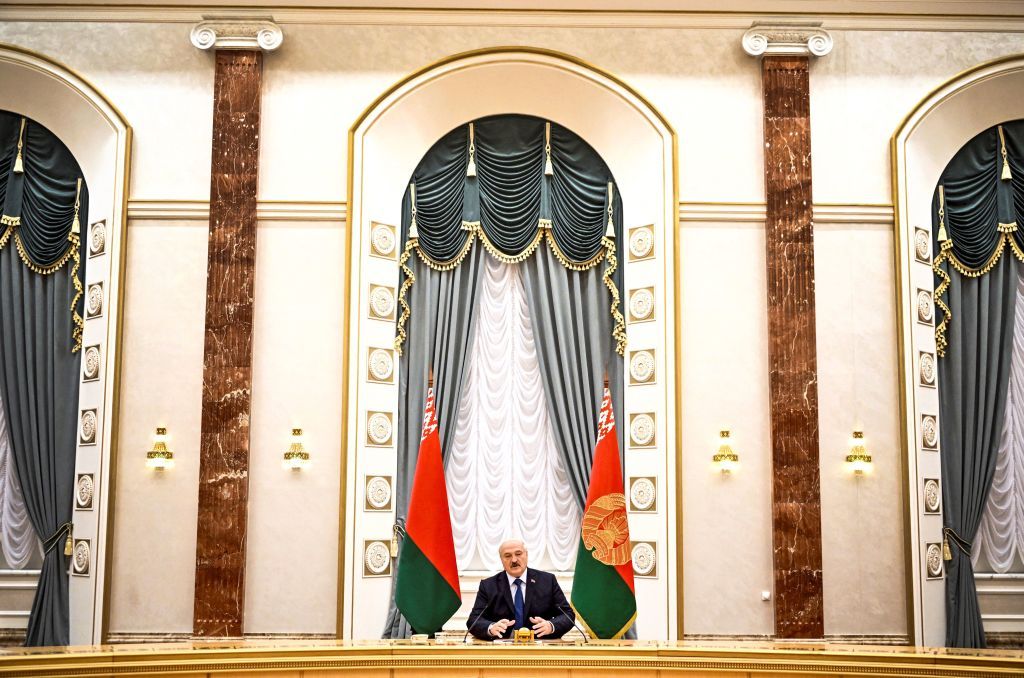Belarus plans to host an international conference on combating illegal migration in November 2024, with participation from some European Union ministers. Despite Belarus’s involvement in Russia’s war against Ukraine and resulting EU sanctions, some EU ministers, including Hungary’s Peter Szijjarto, have confirmed their attendance. This conference aims to discuss Belarus’s efforts in managing illegal migration amidst ongoing tensions with the EU, with Belarusian Foreign Minister Maksim Ryzhenkov stating that the government is committed to promoting peace, security, and stability across Europe. While the Belarusian army is not directly involved in the invasion of Ukraine, Belarus remains a close ally of Russia and hosts Russian troops and missiles, with joint nuclear drills being carried out between the two countries.
In a surprising turn of events, Mongolia fails to arrest Putin due to their energy dependence on Russia and their policy of neutrality. Mongolia imports 95% of its petroleum products and over 20% of electricity from Russia, making it critical for their existence and that of their people. This energy supply has faced interruptions for technical reasons in the past, highlighting Mongolia’s vulnerability and lack of leverage in diplomatic situations. This sets a precedent for how smaller nations reliant on larger powers for essential resources may struggle to take action against those same powers in times of conflict.
The ongoing conflict in Ukraine and Russia’s invasion has brought to light the complexities of international relations and the power dynamics at play. Belarus’s role as Russia’s ally and host of Russian troops and missiles puts it in a delicate position amidst its efforts to foster cooperation with the EU on illegal migration. Meanwhile, Mongolia’s energy dependence on Russia has hindered its ability to take action against Russian President Vladimir Putin, showcasing the challenges faced by smaller nations with limited resources and leverage on the global stage. These developments underscore the importance of understanding the geopolitical landscape and strategic dependencies that can shape diplomatic decisions and actions.
The international community continues to grapple with the implications of Russia’s actions in Ukraine and the ways in which individual countries navigate their relationships with key players in the conflict. Belarus’s hosting of an international conference on combating illegal migration demonstrates its efforts to engage with European partners despite ongoing tensions, while Mongolia’s energy dependence on Russia highlights the limitations faced by smaller nations in asserting their own interests in diplomatic matters. The complexities of these dynamics underscore the importance of strategic relationships, resource dependencies, and the need for nuanced approaches to diplomacy in a shifting global landscape.
As Belarus prepares to host an international conference on combating illegal migration and Mongolia grapples with its energy dependence on Russia, the wider implications of these diplomatic challenges become apparent. The balance of power and strategic interests between nations shape the decision-making processes and actions taken in response to global conflicts and crises. Understanding these dynamics is crucial for navigating complex geopolitical landscapes and building effective diplomatic relationships that prioritize stability, security, and cooperation. In a world where interdependence and strategic dependencies play a significant role in shaping international affairs, finding common ground and fostering dialogue among nations remains essential for addressing shared challenges and conflicts.














